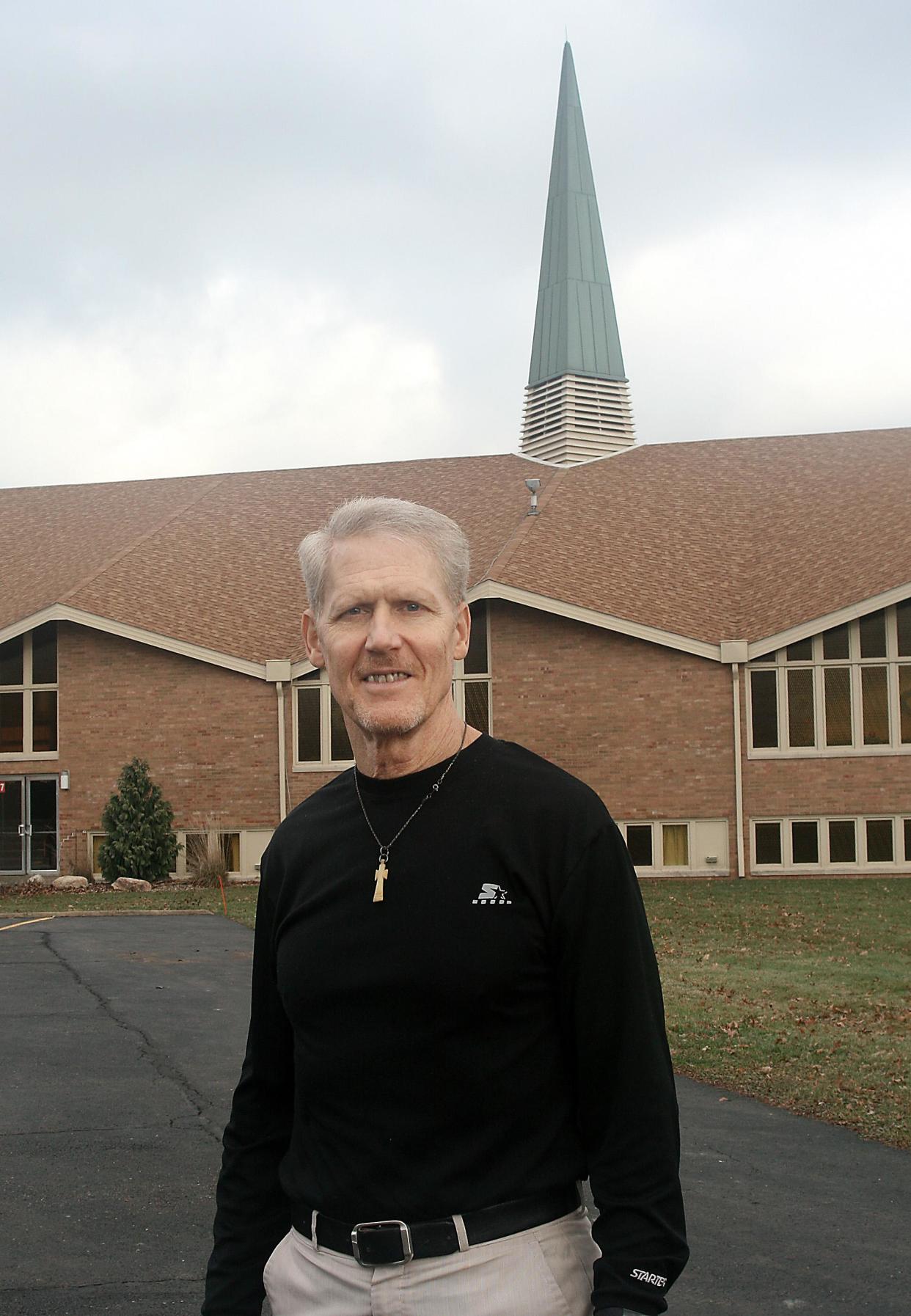Bright spot: Keep it simple, stupid

One of my favorite acronyms is K.I.S.S. — Keep It Simple Stupid. I wonder why it’s a favorite. (Tee hee.)
I was working on a furniture repair, my new “side hustle” my son calls it. I’m not a rookie at this hobby. I spotted a solution to repairing this piece that took about 10 steps. Only after I was done did I see it could have been done simply in one. (No tee hee.)
More Rick Sams:Are you wrestling or nestling?
More Rick Sams:Festivus, Narnia and now
I mentioned in a previous column I was consumed reading a book of mind-numbing statistics, studies, facts and figures. At my age, I don’t need anything else to numb my mind. Award-winning author and sociologist, Robert Putnam, was trying to explain a sequence that happened in America from the 1800s through today.
We went from being a society largely of rugged individuals in the first phase, 1800-1920, to much more a collaborative, connectional, communal society in the second, 1920-1960. That’s when most worked for the collective good vs. themselves. In the third stage, 1960-2023, we moved back to the selfish “I.” It’s all about me, me, me.
Before the '60s, many had large front porches where they would yell to passersby. Frequently they would stop, talk and maybe even sit a bit. Then came the back patios/decks and the garage door opener. We pulled right into our garages without ever having to interact with neighbors, then retreated to our backyard for more of the same isolation and focus on me, my four, no more.
But was this a cause or consequence? The two are so often confused in research and conversations like this.
Putnam talks about the role of religion, racism, inequality, big government, technology, the pill and many other mega-trends. His quest is to find the cause of what made us become more caring toward each other around 1920, but stop around 1960. Only after we find the cause can we can come up with a cure that gets us back to a country that cares about each other.
As a sociologist, he acknowledges history swings in cycles, like a pendulum ... from “I” to “we” to “I” again. How can we get on the pendulum’s “upswing,” the book’s title, working together again for the common good?
Myriad causes and cures have been proposed, none of them simple. Social scientists love complex studies, statistics and the scientific approach, which would fill a large library with more brain-frying tomes only academics read. By contrast, he points out historians study the stories people tell where we can learn what the real problems are from regular people.
But both social scientists and historians both believe causes, and cures, are rarely simple.
He does end on a rather simple solution for a major improvement in our collective caring. Collaboration ... working together to come up with strategies is always better than individual efforts, proven from both science and stories. This networking must happen at all levels from federal to local, both governmental and NGOs.
Alexis de Toqueville, the French scholar-statesman, after touring the U.S. complimented us on our commitments to voluntary local groups and clubs that worked for the common good. The best ideas usually bubble up from the grassroots.
I’m reminded of the democratic practices Lewis and Clark practiced on their historic expedition to find a passage to the great Northwest. Their success and very survival was largely attributed to everyone, from slave to Sacajawea, their native life-saving guide, all getting an equal voice and vote on matters great and small ("Canoeing the Mountains," Tod Bolsinger).
Another simple cause for the selfish society described above is a rather simple “S” word: “sin,” with a big “I” in the center. It’s not a popular word in our world where every problem we have and wrong we do is a result of sickness or society, not individual sin that I am responsible for. (Like the “sin” of ending the last sentence with a proposition, a grammar no no. I did it because everybody — society — does it!)
Jesus also has the solution — following him in the way of serving others and putting others first that only comes from a heart that’s changed by him; “He who would be greatest must become servant of all. ... Now that I have set you this example … prefer others ahead of yourselves ...” (Mark 10:40-45; John 13; Philippians 2:3-4).
After all the complex solutions being proposed today for what ails us, why not keep it simple (I won’t add “stupid” because then you won’t want to work with me on solutions. Tee hee.)
Rick Sams is pastor emeritus of Alliance Friends Church.
This article originally appeared on The Alliance Review: Rick Sams: Keep it simple, stupid

